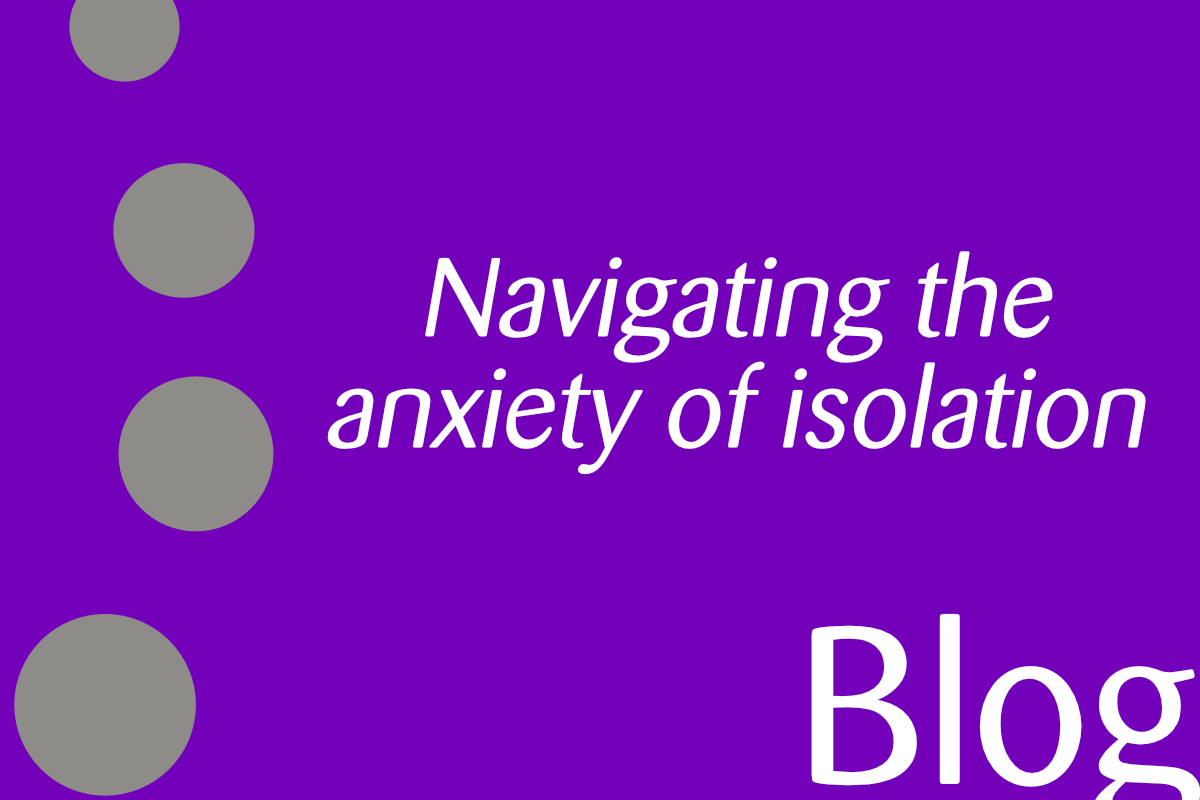
With COVID19 causing a wave of uncertainty, and with wide-spread isolation, it is currently a very un-settling time for many. Maintaining a positive outlook and focussing on ensuring our mental health is looked after should be a top priority.
Here are some tips on how to help you through these times:
Get your news from a reputable source
Ensure you get your news from reputable sources. Social media is often full of ‘news’ that has been shared without sources being checked, leading to exaggerated truths and mis-information.

Allow yourself a limited time to review updates, then move on to the tasks you had planned
Even when reading national media articles, ensure you read the whole article as even these news sources are sometimes guilty of a ‘click-bait’ approach to their headlines. For the most up-to-date and official news on COVID19, www.covid19.govt.nz is the best source.
Allocate certain times of the day to be updated
Constantly refreshing news sites can lead to heightened anxiety as you force yourself into a ‘fight or flight’ mode, constantly looking for the next negative story to digest. Allow yourself certain times throughout the day to review updates, read the articles and then get on with your tasks.
Don’t Catastrophise
If you find yourself catastrophising (where your mind takes you on a journey down a path of negativity), take a moment to stop what you are doing, and take note of what your thoughts are. Are they actually based on fact? If it is something that hasn’t happened yet, is there something you could do to plan for it? Having a plan can help you ‘park’ your fears, knowing it’s sorted should it happen.
If your thoughts are due to a current situation, again give yourself time to digest the facts and how they impact you. Is it something you need to action right away, or should you perhaps discuss it with friend or family to come up with a plan as a team?
Take time for yourself

Take time for yourself to clear your head, meditate and reset.
Whether it is meditation, listening to apps such as Headspace, or simply putting on some music, taking some time to distract your mind from the bombardment of news updates and your own thoughts, is a great way to calm the mind and reset, being able to then focus on a productive task in front of you.
Keep in touch with your friends
This COVID19 situation is like nothing any of us have experienced before, so ensuring you maintain good communication with friends and family not only helps your own anxiety levels, but may also help theirs. Keep in mind that even the usually most hardy friends of yours may be struggling. Reach out and give them the opportunity to talk. Similarly if you are feeling anxious, call a friend or family member to talk through your thoughts. Having a fresh perspective often helps alleviate fears. If you need more help, call or text 1737 to talk to a trained counsellor.
Get plenty of sleep
Nothing great usually comes from trying to solve problems at 10.30 at night, so make a quick note of anything you want to make a plan for, pop it on the table and head to bed. A fresh look at issues in the morning usually results in a more positive and pragmatic approach.
Breathe
If you find yourself feeling tense, take a note of your breathing. Are you breathing deeply, or has it gradually become shallow due to stress. Take a moment to reset, take several deep breaths before continuing with what you were doing. One way is to lie on your back with your hands on your stomach and focus on your hand rising and falling. It’s a great technique for anxious children as well – replace the hand with their favourite soft toy.
Take care of the young ones

Maintaining some normality for kids is beneficial not only for them, but also your own opportunity to ‘escape’ any stresses
Kids are great at picking up on our stress, and without the knowledge of the whole situation, this causes a deep sense of uncertainty for them. Make an effort to spend time with them, away from news updates and focus on something you all enjoy doing together. A sense of normality for them will reassure them and give you a moment to escape any pressures you are currently facing.
Exercise and stretch
Get outside and enjoy the Autumn weather the Hawke’s Bay spoils us with. Even in self-isolation, it doesn’t mean you can’t get outside and exercise. The endorphins released during exercise help reduce stress levels, and by expending some energy, makes it easier for you to get to sleep each night.
While the thought of self-isolating, especially for those unable to work from home can be frightening, keep in mind it is not something that you can control and it will be temporary. Making plans on how to best approach it can help put your mind at ease each day.
Set a schedule for your day
As humans we are generally reassured by regularity. Set yourself some tasks, just like you would have at work and schedule yourself a lunch break. Working through your tasks will give you a great sense of achievement and distract you from constant news updates.
Working from home? Check your posture
Working from home, away from your usual workstation may mean you have your entire office laid out on the dining room table, and away from your usual desk chair. Take a moment to assess your posture. Are you sitting upright with your computer screen at eye-level? If using a laptop, raise it’s height significantly with a box or books for times when you are not needing to type. This will dramatically reduce the strain on the joints and muscles of your neck, shoulders and upper back. Secondly, use a cushion in the small of your back when using a dining room chair to support your lower back curve. And remember to get up out of chair approximately every 20 minutes to stretch or walk, to give your spine renewed strength to hold a good seated posture again.
Plan jobs to do
We all have those tasks that we always plan to get to, but never get a chance. See self-isolation as an opportunity to make a list and tackle these. Reorganise the garage, wash down the house, or complete that art or craft you’ve never had time for. Remember, this situation is only temporary, so getting these jobs out of the way when you can will allow you to return to work focussed and refreshed, with a positive outlook on the future.
